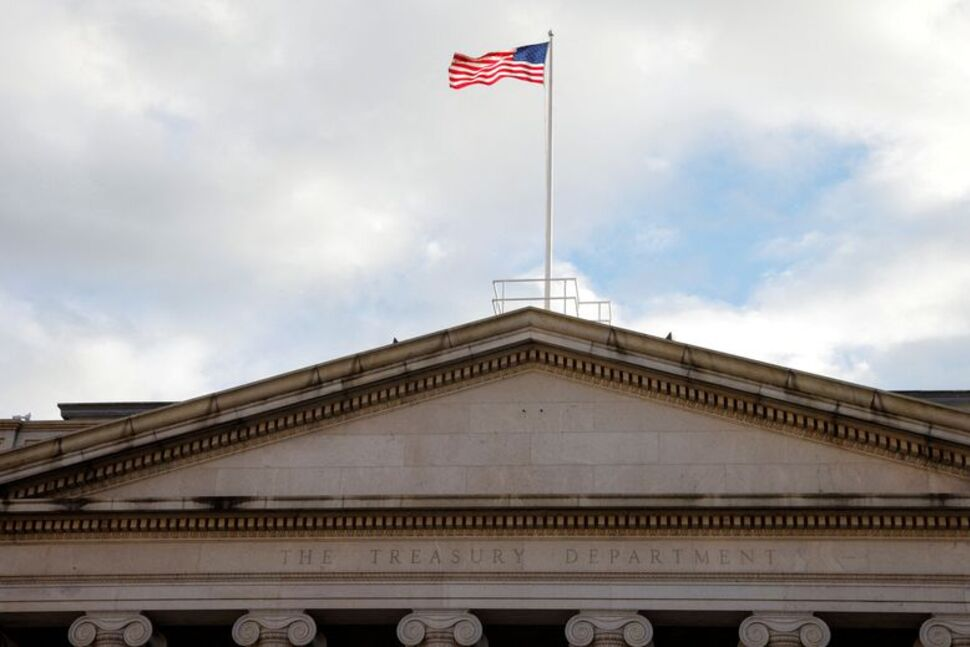Featured
article
- Get link
- X
- Other Apps
Market Turmoil: Stocks and Bond Yields Plunge Amid U.S. Recession Fears

In a dramatic turn of events, U.S. stocks and bond yields plummeted sharply on Friday as recession fears intensified following a disappointing jobs report. The latest data revealed an unexpected rise in the unemployment rate to 4.3%, sparking concerns about the health of the economy and the Federal Reserve’s monetary policy.
The labor market, which had shown resilience despite the Fed’s aggressive rate hikes, now appears to be weakening. This shift has led investors to reassess their expectations for future interest rate cuts. Traders are now betting on significant rate reductions for the remainder of the year, nearly doubling their previous estimates.
Treasury yields, which move inversely to prices, saw a sharp decline. The two-year yields hit their lowest levels since March last year, while the benchmark 10-year yields reached their lowest since December. The yield curve, which has been inverted for over two years, is now closer to turning positive, a historical indicator of an impending recession.
The bond market’s reaction underscores the growing anxiety among investors about the potential for a recession. The Sahm rule, an early indicator of recession, was triggered as the three-month moving average of the national unemployment rate rose by 0.53 percentage points. This rule has been a reliable predictor of economic downturns, adding to the mounting concerns.
As the market grapples with these developments, the Federal Reserve faces increasing pressure to adjust its policies to prevent a deeper economic contraction. The coming weeks will be crucial as investors and policymakers navigate this uncertain economic landscape.
Popular Posts
Trump's Six Words: "I'm Going to Stop the Wars"
- Get link
- X
- Other Apps
Smart Savings for a Sharp School Start: Canadian Parents’ 2025 Guide
- Get link
- X
- Other Apps



Comments
Post a Comment